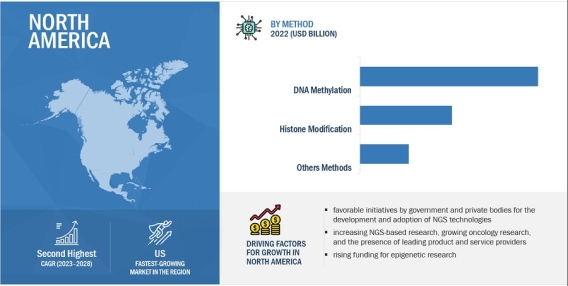Epigenetics, the study of heritable changes in gene function that do not involve changes in the DNA sequence, has become a burgeoning field in modern biology. This rapidly advancing discipline explores how environmental factors and lifestyle choices can influence gene expression, potentially impacting everything from disease development to aging processes. Several key drivers are propelling the growth and advancements in epigenetics, creating a landscape ripe with opportunities for groundbreaking discoveries and therapeutic developments.
https://www.marketsandmarkets.com/Market-Reports/epigenetics-technologies-market-896.html
Growing Investments in Research & Development
The surge in funding for epigenetic research is a critical driver of progress in the field. Public and private entities are pouring resources into exploring the epigenome, recognizing its vast potential to unlock new understanding of human biology and disease. Investments are fueling innovative projects, fostering collaborations across institutions, and supporting the next generation of scientists. This financial backing is crucial for advancing our understanding of complex biological mechanisms and translating findings into clinical applications.
Declining Sequencing Costs & Time
Advances in sequencing technology have drastically reduced the cost and time required for epigenetic studies. What once took weeks and significant financial resources can now be achieved in a matter of days at a fraction of the cost. This accessibility allows more researchers to engage in epigenetic studies, leading to a proliferation of data and insights. The democratization of sequencing technology is accelerating discoveries and enabling more comprehensive investigations into the epigenetic modifications associated with various diseases.

